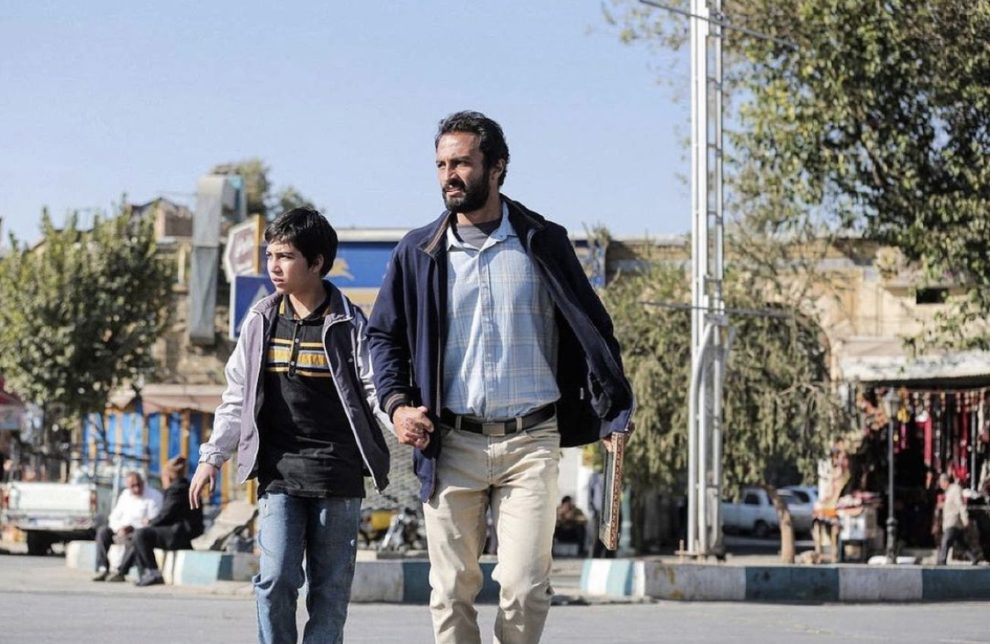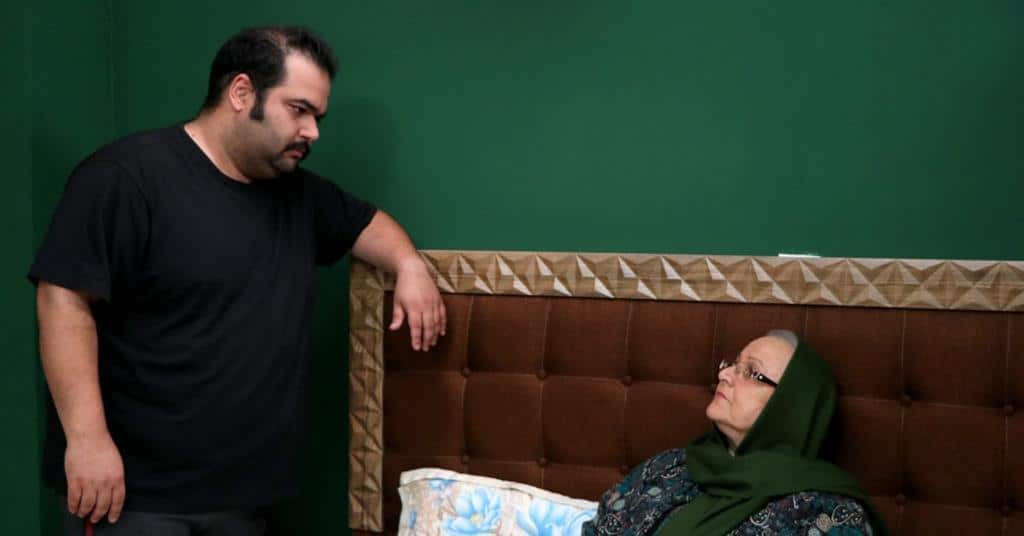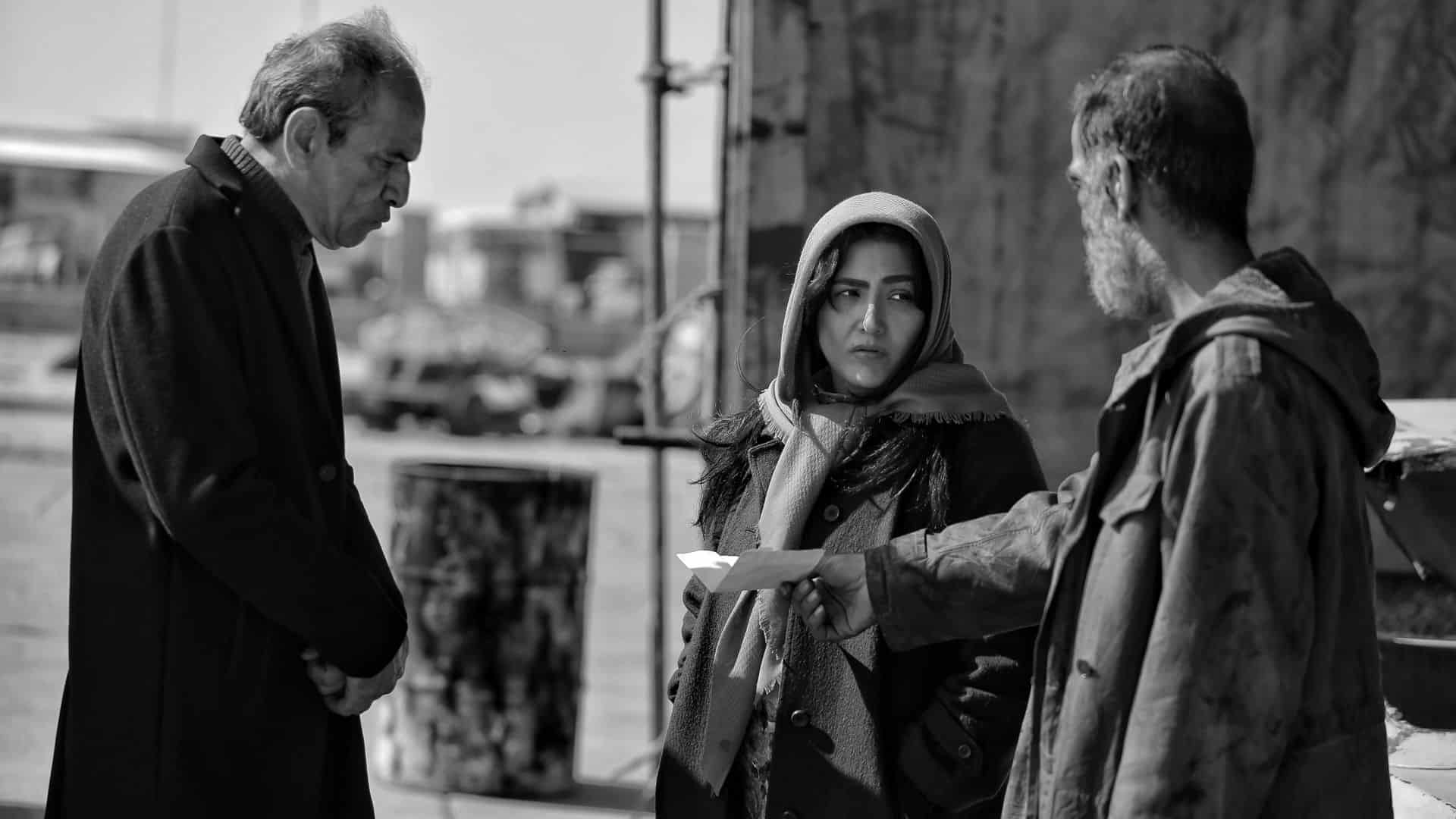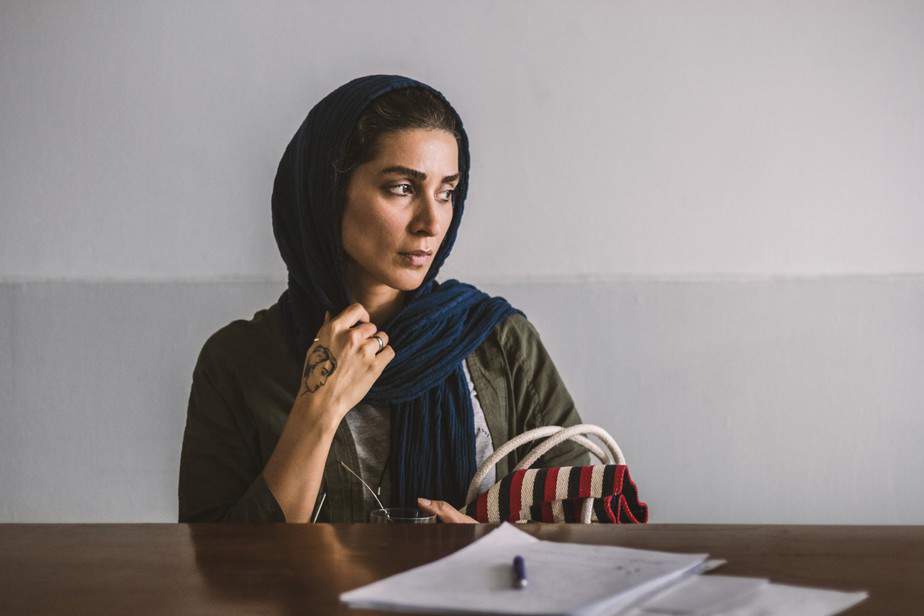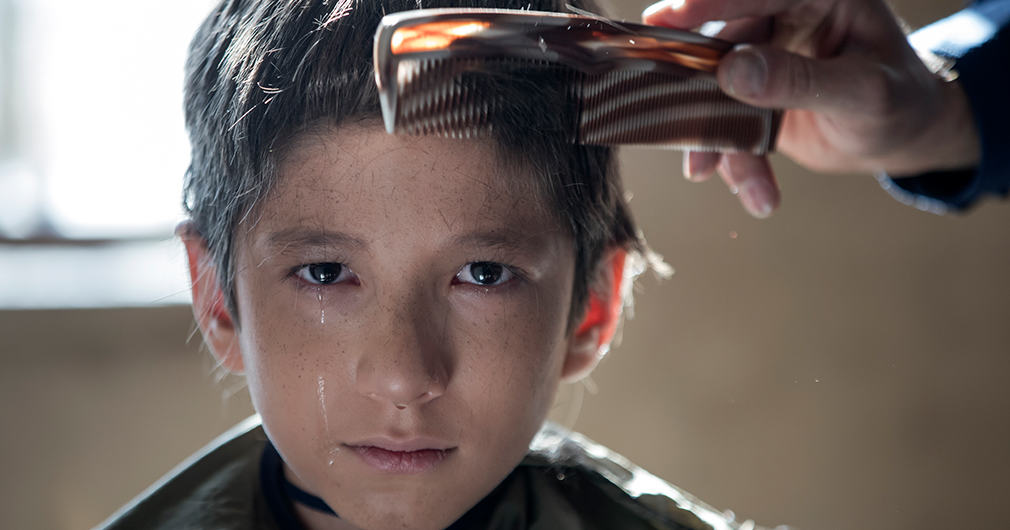Penal system is a common topic in Iranian cinema, and for good reasons so. Firstly, the problems with it are real, from the death penalty that is administered way too much to the overcrowded prisons and the toxic mix between the all-powerful bureaucracy and the vision of justice more based in some elusive code of honour than in written laws. Secondly, prisons are the perfect metaphor for the isolated, deeply unhappy society. Thirdly, the whole idea of punishment instead of rehabilitation that is in place in Iran (among other countries) is not only prone to backfiring, but is absurd in its core, since the person with a prison record has less chances in life generally. The sense of absurdity is highlighted when it comes to imprisoning people for debt: theoretically they have to stay in prison until they pay it off, but practically it is impossible as long as they are incarcerated.
Situation like is are at the centre of Asghar Farhadi's new film “A Hero” which premiered at Cannes' official competition, where it won Grand Prix and François Chalais Award. We were lucky to catch it early on its festival tour, at Sarajevo Film Festival's magnificent Open Air stage.
Farhadi opens and closes the film with a shot of a prison, which he sees as a human zoo of sorts, but with open gates, meaning that the prisoners can occasionally go in and out. That is the case with Rahim (Amir Jadidi) who is imprisoned for a debt to his creditor and former brother in law, Bahram (Mohsen Tanabandeh) who lent him money to pay off the loan sharks after his business went bust. On a weekend leave, Rahim forges a plan to get out of prison and stay out of trouble for good: his secret girlfriend (it has to be a secret, since he is divorced, imprisoned and disgraced) Farkhondeh (Sahar Goldust) has found a handbag with some gold coins in it, so they would sell them in order for Rahim to arrange an agreement with Bahram to get out of prison so the couple can get married and restart their life. Since Bahram is suspicious towards Rahim's ability to pay and keep paying the instalments, the deal falls through.
Rahim then changes his plan: he will look for the owner and give the bag back to her, which he does with the agency of his sister Mali (Maryam Shahdaei) and her husband Hossein (Alireza Jahandideh). The prison warden is delighted with Rahim's honesty and wishes to make him a hero in the eyes of public and to use him as a publicity stunt that the prison actually reforms people. All of a sudden, Rahim is a hero, the local charity organization joins his case and his chances for liberation look good. But Bahram is still not convinced that Rahim has found his honesty, so he keeps finding holes in his story, and he is not the only one to do so, especially in a mass- and social media-driven society. Can Rahim, who seems as an honest, but unadjusted man in a cunning society, endure all the pressure, especially knowing that he has a bit of temper and that he is sensitive to injustice…
Farhadi relies on his theatrical experience to direct “A Hero” in a subdued fashion, using slightly longer takes captured in the hand-held camerawork by Ali Ghazi and Arash Ramezani, which adds the additional feeling of realism to this working- or lower-middle class drama. For the filmmaker, the milieu is a bit out of his comfort zone, but he shows that he understands it while highlighting the details for a maximal emotional and cerebral effect. The good thing is that the fluid acting and clear sense of rhythm in the editing keeps the film engaging for the whole of its 127 minutes of runtime, albeit it still feels a bit overlong.
The problem lays in Farhadi's script which is, figuratively speaking, being lead to some side alleys that, story-wise, lead nowhere, but are precious for the filmmaker's real intentions. Fahradi is actually more interested in a complicated ethics play and polemic in which individual actions are being judged by the system that can be influenced by different factors.
On that level, “A Hero” is a superb work, but as a movie, it loses its momentum at places, especially those that feel constructed or “overplayed”. Nevertheless, it is a fine film that can be placed around the middle on the ladder of Farhadi's opus.


